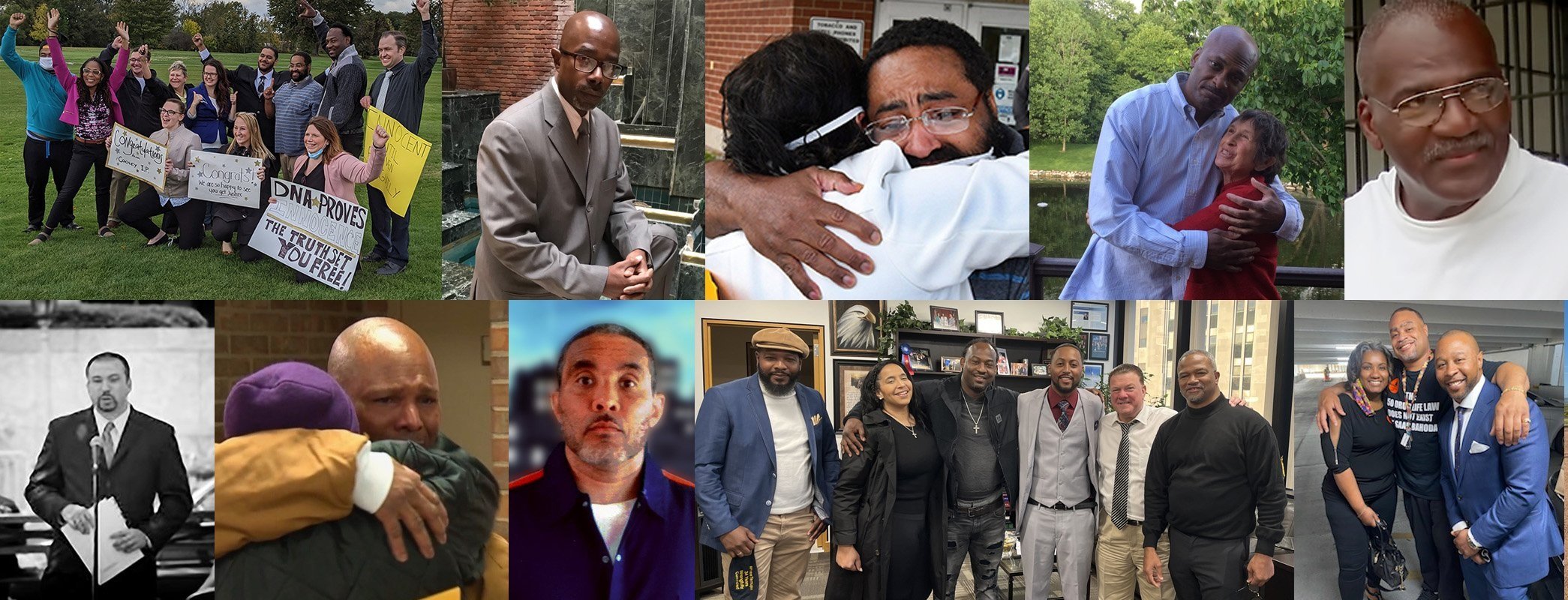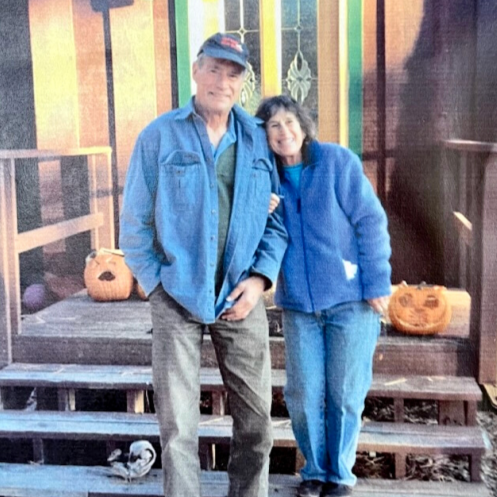
Providing legal, investigative, and social support to the wrongfully incarcerated and their families.
NCCAN has supported numerous individuals in their fight for justice, including Richard Auldridge, Michelle Bankston, Danny Burton, Sammy Lee Carter, Joe Chavez, Jeffrey Deskovic Stephen Fraley, Lacino Hamilton, Artez Hammonds, Bernard Howard, Ken Nixon, Desmond Ricks, Larry Darnell Smith, Willie Tucker, Karl Vinson, Charles Wakefield Jr., Bernard Young, and Paul Young, among many others.
“Tomorrow belongs to those who fight the hardest today.”
Mumia Abu Jamal
The woman behind the cause.
Claudia Whitman—social justice advocate, artist, and founder/CEO of the National Capital Crime Assistance Network (NCCAN)—is the driving force behind the organization’s mission. For more than twenty years, she has devoted her time entirely to helping innocent people in prison, generously donating all of her efforts to supporting individuals seeking justice. A 1963 Goucher graduate, Whitman received the 2018 Goucher College Award for Excellence in Public Service in recognition of her lifelong commitment to criminal justice reform and to creating support systems for incarcerated people and their families. She has collaborated with leading organizations including Equal Justice USA, the Innocence Project, and Citizens United for the Rehabilitation of Errants (CURE), and has contributed to numerous publications on the death penalty and wrongful incarceration.
Contact
Feel free to contact us with any questions.
Mailing Address
PO Box 758, Mancos, CO 81328
